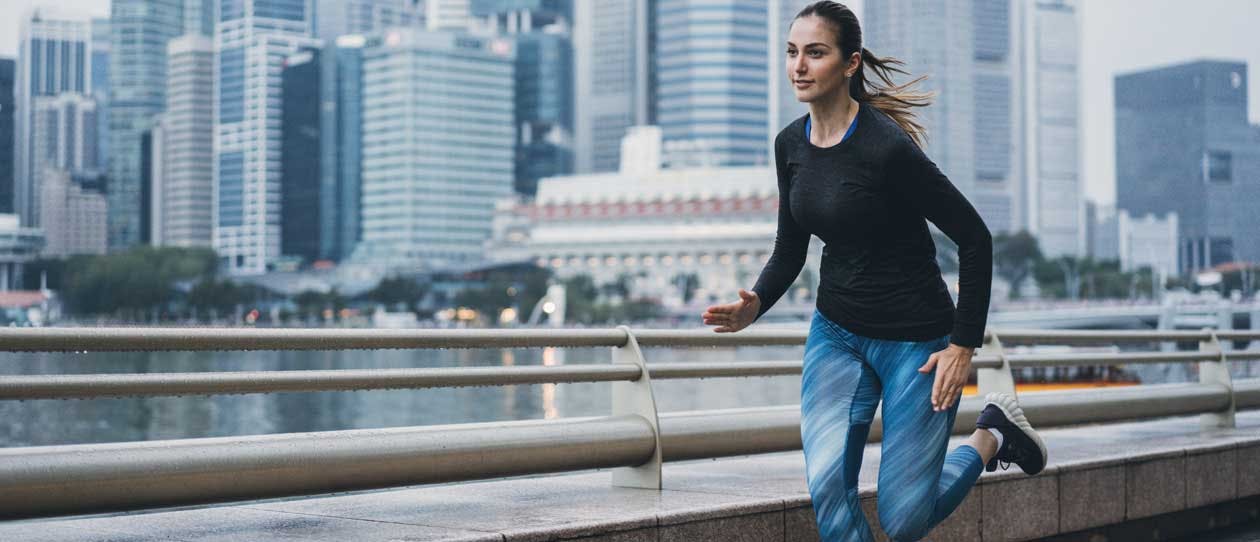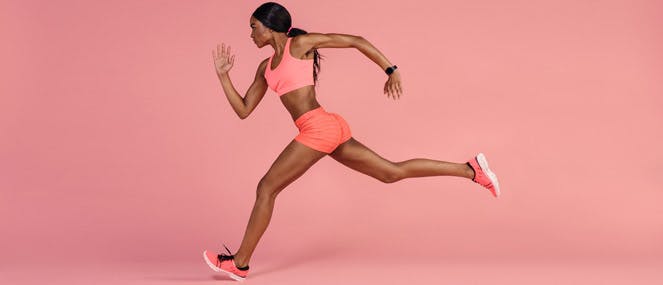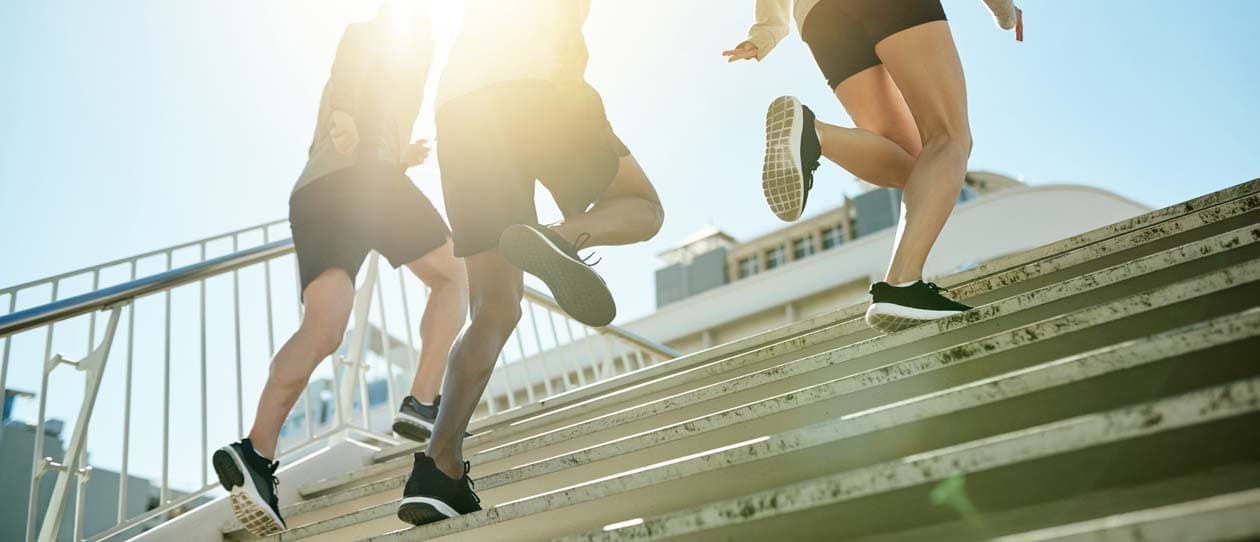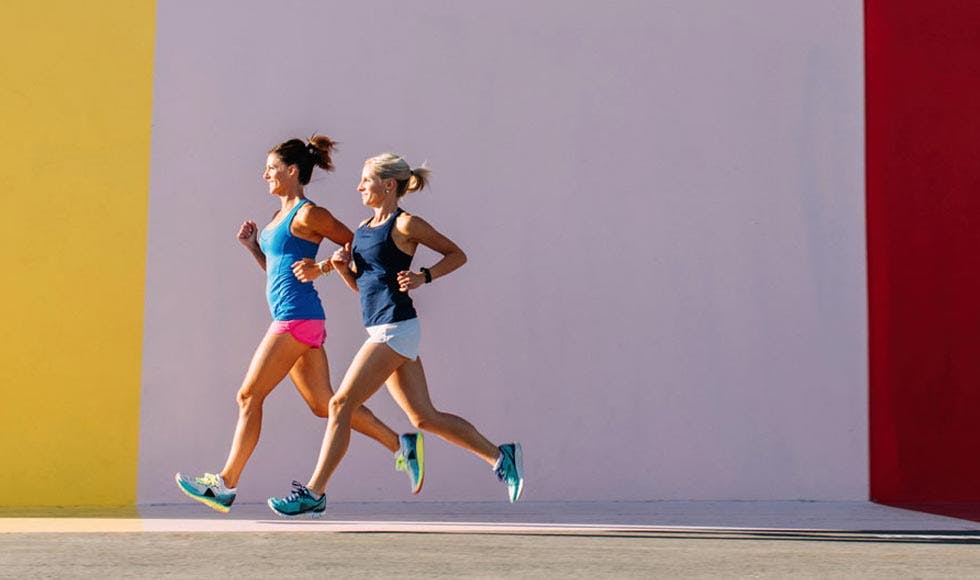3. Are you breathing all wrong?
If you are shallow breathing during your run, you will not be maximising the oxygen your muscles need to use when working hard. Muscles that are starved of oxygen will fatigue quickly and cramp as they do not have the energy to allow the muscle to lengthen.
When running, breathe deeply. Slow it down and try to breathe through the base of your lunges while keeping your shoulders relaxed.
It may help to do some practice beforehand by placing your hand on your stomach, and feeling your stomach rise and fall as you breathe slowly in and out.
4. Don't peak too soon
Fatigue is another common factor in cramps. If your muscles are burning oxygen faster than your body can replace it then they will cramp as mentioned above.
Make sure you start slowly for the first 10 minutes to warm up into your run. This will allow you to get your breathing patterns sorted while not burning off too much of your stored muscle energy.
Do you suffer muscle cramps? Perhaps your magnesium levels are low. Read our 3 simple tips to help decrease muscle cramps.
Sydney Physio Solutions was established in 2007 with the aim to provide a high quality service in injury rehabilitation using state-of-the art technology in an innovative environment.
Their team of highly qualified and caring physios, led by founder and Managing Director Brad McIntosh, can do a running analysis and provide advice & assessment for the very best outcome.
~This article first appeared on
Sydney Physio Solutions~






